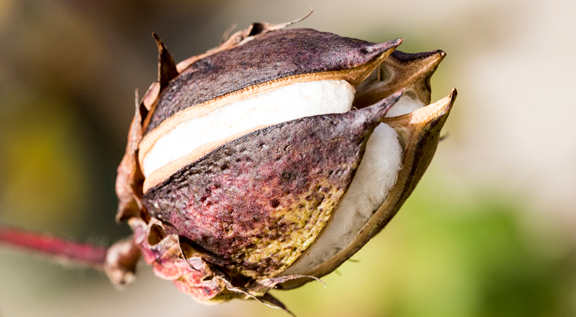
Image: Pixabay
Bahia already has 40% of area sown with cotton for the 2021/22 harvest, out of a total of 290.3 thousand hectares dedicated to the crop. According to the Bahian Association of Cotton Producers (Abapa), the first germinated plants arrive with good vigor and, so far, the climate has helped. The state should have an increase in area planted with the commodity of around 9%, compared to 2020/21. Production estimated by Abapa is 563 tons of processed cotton (plume), with expected productivity of 1,937 kilos per hectare.
The reasons to celebrate go further: the occurrence rate of the boll weevil pest in the off-season was the lowest in five harvests. The achievement is the direct result of the efforts of cotton farmers and intensive actions by Abapa in awareness campaigns, road blitzes and joint work with the Bahia Agricultural Defense Agency (Adab), Embrapa and consultancies.
To compare the infestation in the last off-season with the previous ones, an index known as BAS (Weevil per Trap per Week) is used, obtained through the weekly analysis of strategically positioned pheromone traps. In the period of cotton sanitary void that preceded the sowing of the 2020/21 harvest, after 11 weekly readings, in the 18 centers of the Abapa Phytosanitary Program, the mark achieved was BAS 0.40, classified in the “blue” range of infestation of the plague. This is the first time since 2017 – when the BAS was 0.53 – that the state entered the blue band.
{module Form RD}
According to the reference used for the BAS, the green band has a zero weevil index. The blue one goes from 0.01 to 1 weevil per trap. From 1.01 to 2, it is considered a yellow band, and above 2, a red band. According to data from the Abapa Phytosanitary Program, in the 2018, 2019, and 2020 voids, the rates were, respectively, 2.36, 6.76 and 4.36, all considered “red” range of infestation.
Several factors explain this turnaround. Some have less influence, such as seasonality and climate, and others account almost entirely for the result. This is the case of good practices, throughout the production chain, to combat and control the boll weevil, such as the destruction of tigueras and ratoons – voluntary cotton plants that grow on roadsides or in crop rotation areas – in addition to respect for periods of sanitary emptiness and good practices for packaging and transporting cotton bolls or cotton seeds.
During the period, the Abapa Phytosanitary Program carried out actions to chemically and mechanically destroy ratoons. Billboards with guidance on the importance of eradicating volunteer plants were positioned along the region's highways and the association also carried out a blitz to alert truck drivers about the right way to transport cotton loads.
“Abapa, through the Phytosanitary Program and with the support of the Bahia Agricultural Development Agency (Adab), works around the clock with producers, drivers and other agents, to raise awareness of the importance of complying with phytosanitary protocols. The indices speak for themselves”, says the entity’s president, Luiz Carlos Bergamaschi. “Now it’s time to continue the battle against what has been the biggest enemy of Brazilian cotton farming since 1983. Surveillance is intense and awareness needs to be general”, concludes Bergamaschi.
Source: DATA










